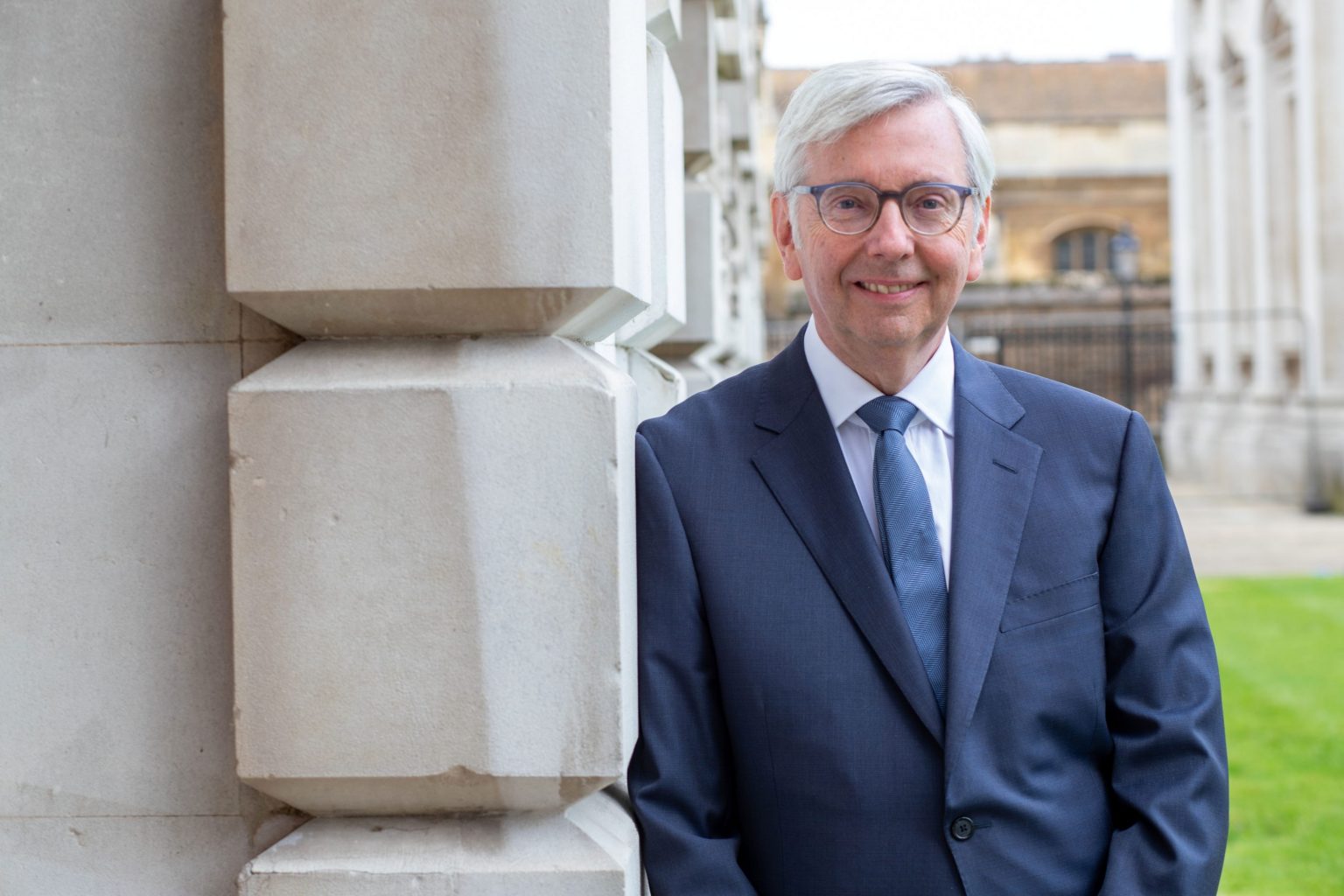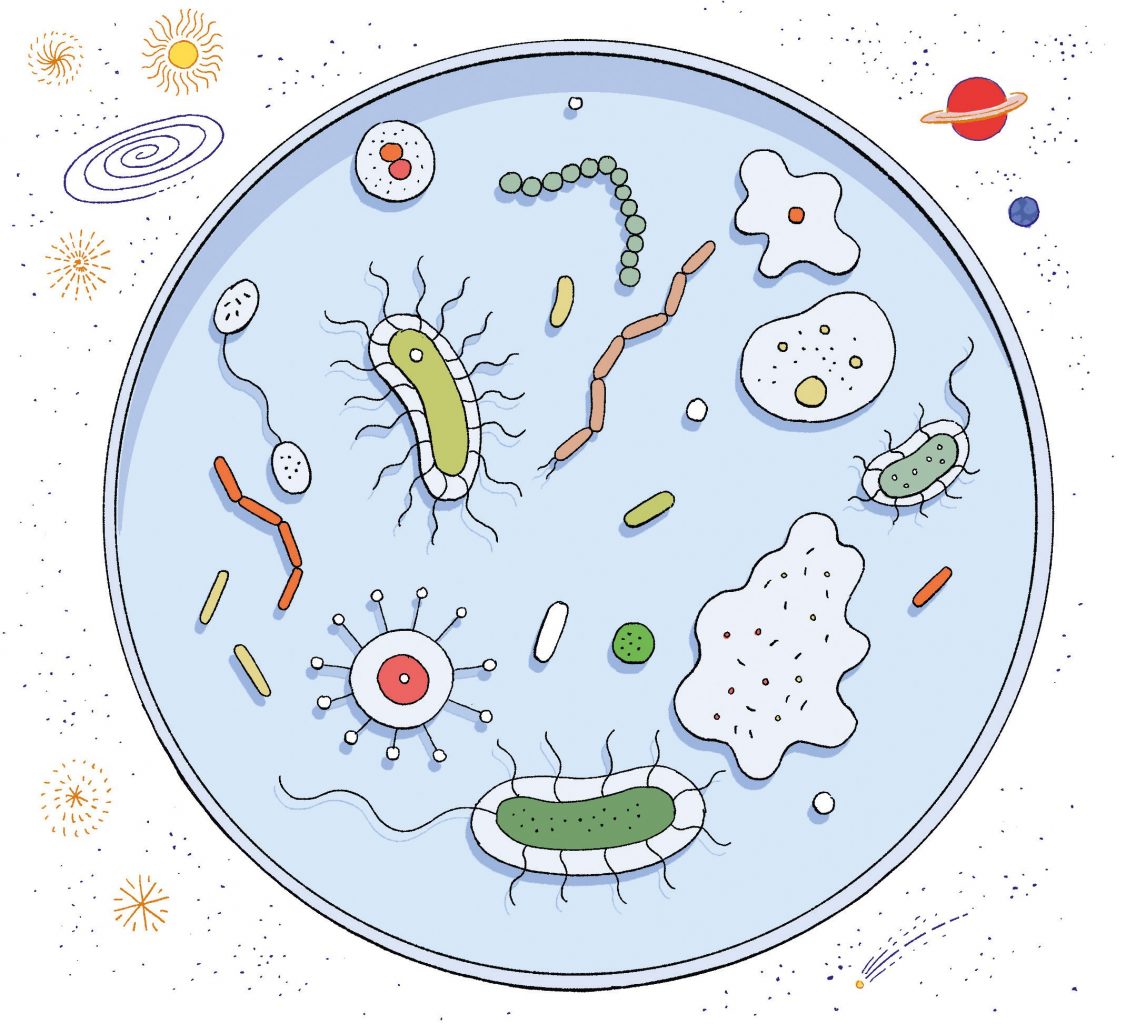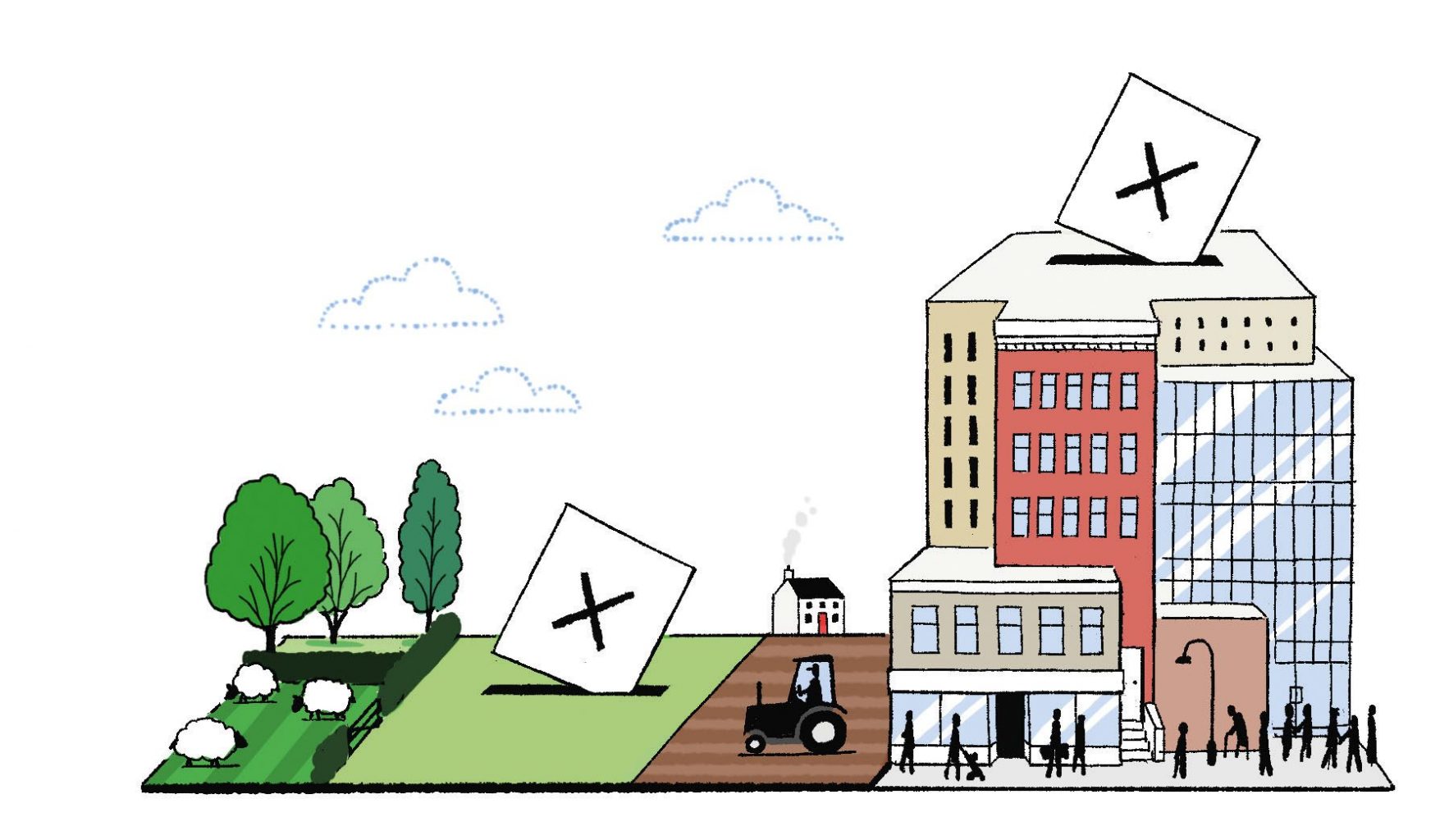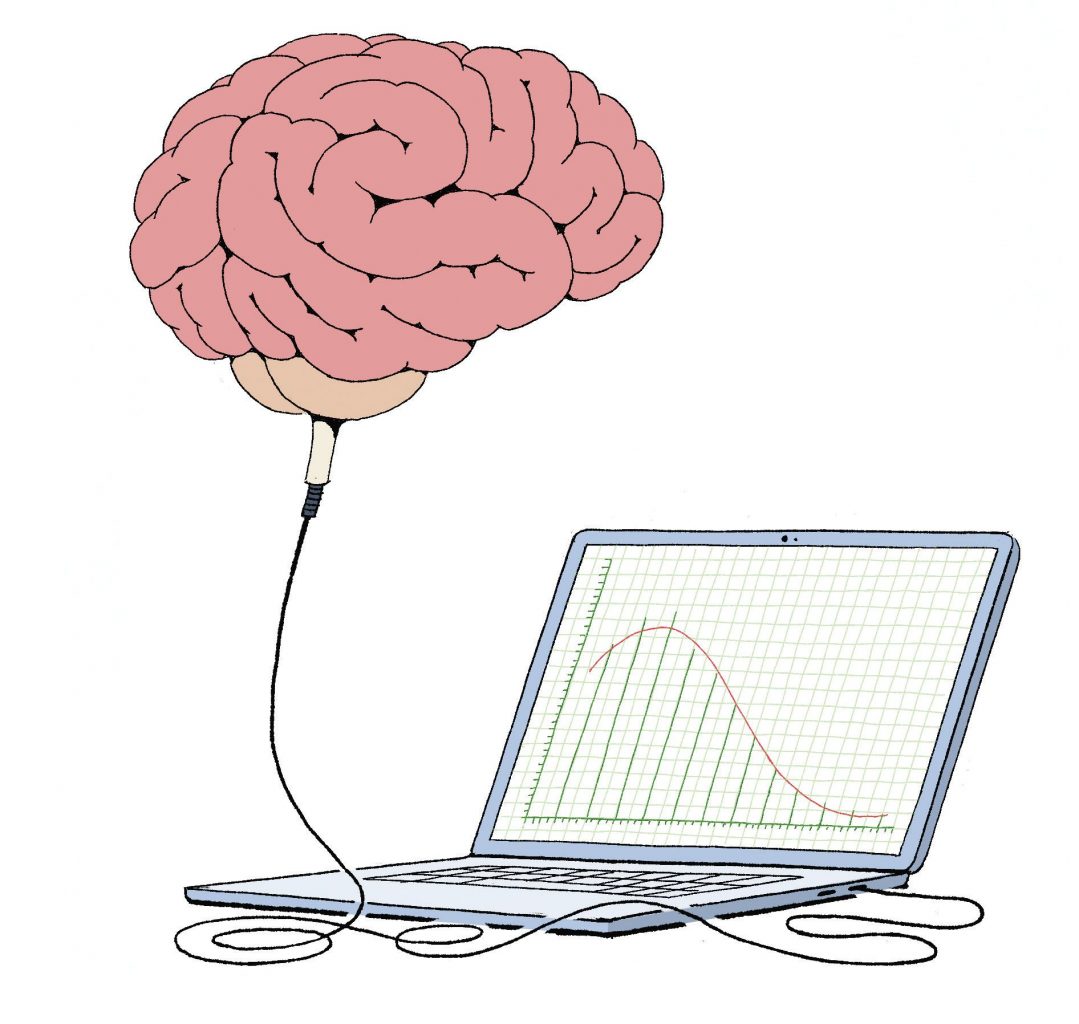Campendium: Michaelmas Term 2021
Annual Address
Vice-Chancellor calls for international engagement with “eyes wide open”
Vice-Chancellor Stephen Toope’s final address to the University noted that “the tectonic plates of geopolitics have shifted significantly” and said that the University’s new set of principles for managing risks in international engagement will “allow us to continue to work on vital research with partners across the world, taking careful regard of risks”.
“We must build ways to work with partners in nations that do not conform to Western norms and values, while protecting our own principles and standards,” he said, arguing that change is made through engagement, not isolation. This is not a time to retreat into national pockets of academia, he said, but to “turn our attention to what we do best – seeking solutions to intractable problems by working with partners around the globe”.
Speaking to a small in-person audience at Senate House, with many more watching remotely, Toope also paid tribute to the continuing “resolve, resourcefulness and resilience” of the Covid-19 response. He highlighted other notable achievements, from Shankar Balasubramanian and David Klenerman winning the Millennium Technology Prize for their work on next-generation DNA sequencing, to the Men’s and Women’s rowing crews’ clean sweep at the 2021 Boat Race.
The University’s commitment to widening access, he said, “remains unstoppable”, and remains a top priority. And discussing Cambridge’s “proud history of upholding freedom of speech”, Toope said: “It is our duty, as a collegiate community, to nurture a culture of discussion and debate, not a culture of cancelling and calling out.”
Toope, who recently announced he will leave his post in September 2022, said that he still had much to do, and closed with a Robert Frost quote: “But I have promises to keep/And miles to go before I sleep.”

Scholarships
30 new Stormzy Scholarships for Black students, funded by the #Merky Foundation and HSBC UK
STEM SMART pilot for A-Level students
Hundreds of UK STEM students will benefit from enhanced learning and mentoring, delivered by academics and students, thanks to a new widening participation initiative from the University. The 17-month STEM SMART programme aims to support talented maths and science A-Level state school students during their final 18 months at school.
Deconstructed
New class of habitable exoplanets a big step forward in the search for life
Astronomers searching for life outside our solar systems have traditionally sought out Earth-like planets of similar size, mass, temperature and atmospheric composition to Earth.
Cambridge researchers, led by Professor Nikku Madhusudhan, have identified a new class of ‘Hycean’ planets: habitable, ocean-covered planets with hydrogen-rich atmospheres.
They also allow for a far wider habitable ‘Goldilocks zone’, compared to Earth-like planets, so could support life in ways and in places that an Earth-like planet could not.
Hycean planets are bigger and hotter than Earth and could host large oceans, which may support the kinds of microbial life which are found in Earth’s extreme aquatic environments.

Three-minute Tripos
Europe-wide political divide emerging between cities and countryside. Discuss.
Ah, the countryside. The fresh air! The rolling vistas!
The disenchantment! The distrust in democracy! The division! The weather!
Oh, come now. As the wise old rural saying goes: rain before seven, fine before eleven. And that cottage has an actual thatched roof.
Yet beneath that chocolate-box exterior lies a deepening geographical fracture that could herald a return to the stark urban-rural political divides of the early 20th century.
Says who? That kindly old gardener with the basket of apples?
Say researchers from Cambridge’s Bennett Institute for Public Policy and Department of Land Economy. They analysed survey data collected between 2002 and 2018, gauging the social civic attitudes of people across the cities, towns and rural areas of 30 European countries – the EU 27, Norway, Switzerland and the UK. Also, don’t be fooled by rural stereotypes. That gardener is probably a CEO.
And what did the researchers unearth?
They found that political division throughout Europe runs on a ‘gradient’ of disenchantment and distrust in democracy – lower levels of distrust in urban centres rising through suburbs, towns and villages, and highest in the open country.
Such a shame we all can’t just get along.
Well, perhaps we still can. While there’s a big urban-rural divide around some issues – attitudes to immigration and the EU, for example – the study also found very few divisions over issues concerning the welfare state and attitudes to police, both hugely contentious in the post-war years. Here’s another wise saying: hope springs eternal.

Dementia research
AI could detect dementia before symptoms appear
AI could detect symptoms of dementia years before symptoms appear with just a simple brain scan, a new study has found.
Professor Zoe Kourtzi and her team at the University, along with the Alan Turing Institute, used brain scans from patients who went on to develop Alzheimer’s to create a machine learning algorithm which can spot structural changes in the brain.
Dementias are characterised by these changes: the build-up of different types of protein in the brain, which damages brain tissue and leads to cognitive decline.
They then combined the algorithm with the result from a standard memory test, that provided a ‘score’ to predict the likelihood of a person having Alzheimer’s.
The algorithm was higher than 80 per cent accurate for patients with mild cognitive impairments, such as memory loss or problems with language or visual and spatial perception. It also predicted how fast their cognition would decline.
Eighty patients are now taking part in a real-world trial of the approach, led by Dr Timothy Rittman from the Department of Clinical Neurosciences and a consultant at Addenbrooke’s Hospital.

In brief
Janeway Institute
The new Weslie and William Janeway Institute for Economics has launched with a remit to transform economic research. It will be primarily funded by Weslie and William Janeway, an alumnus of the University’s PhD programme, and will focus on inequality, climate change, epidemics, gender, the digital economy, the impact of automation and machine learning.
Alumni Festival
Big ideas, groundbreaking research, fascinating experiences: this year’s Alumni Festival showcased them all. And now you can experience them too. Many of the sessions are now available as recordings, with more being added in the coming weeks.
Hawking Papers
Professor Stephen Hawking’s archive has been saved for the nation. His papers and personal objects – from works on theoretical physics to The Simpsons scripts – will be divided between the University of Cambridge and the Science Museum. The Hawking archive will be housed at the University Library, along with those of Isaac Newton and Charles Darwin.



